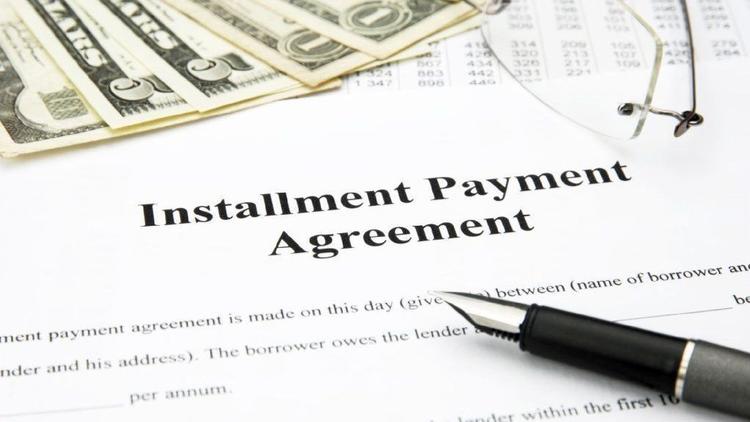
Here’s something we haven’t heard in a long time: whispers of a looming recession. And those in the know think it could start in 2019.
We agree. While the economy seems to be powering ahead, there are troubling signs for the vast majority of Americans: More than 75 percent are living paycheck to paycheck, and more than 40 percent don’t have $400 in cash in the bank to cover emergencies. And now, with the government shutdown entering its second week, millions are struggling to cover basic living expenses until their furloughs end and their paychecks start coming again.
Why are so many people struggling in what is arguably the best economy in a decade? Turns out that the 2018 wage increases haven’t come close to making up for incomes that barely moved in more than 20 years. The Federal minimum wage is still $7.25, although plenty of states require employers to pay a far higher amount. And, the amount of debt being carried is staggering, particularly student loan debt.
It’s now accepted that millennials are delaying home buying (and marriage and children) in order to get their finances on more solid footing. Understanding what it takes to qualify for a mortgage is tough when you’re young and have a lot of debt. Mortgage lenders follow strict guidelines that limit how much debt you can carry relative to your income.
So, as we move well into 2019, and everyone heads back to the gym and goes back on their diets, here are some personal financial resolutions you might want to make, especially if we’re heading into a recession.
- Bulk up your savings. No matter how much you’ve socked away, save more. Whether you’re buying a home this year or just trying to save up for a future down payment, having more cash on hand gives you options. And, in a recession, you’ll be grateful for every penny.
- Pay down as much debt as you can. As long as mortgage lenders require borrowers to follow strict rules regarding debt-to-income ratios, you’ll need to focus on your debt repayment strategy. Be smart about the debt you carry, and try to “snowball” your debts by paying off the smallest debt first and then adding that amount to the next smallest debt once it’s gone.
- Track your spending. Write down every cent you spend for a month. We guarantee that you’re spending more than you think, and wasting dollars (not just cents) on items that don’t matter in the long or short run. And, if you have a coffee habit, know that your $5 per day habit translates into more than $1,800 per year.
- Get your docs organized. Lenders need to see your docs. They want to verify tax returns (especially if you’re self-employed), see bank account statements, divorce decrees and other items. Even if you are going to provide these in an encrypted electronic file, you’ll want to get those copies in one place so that when the time comes to apply for your loan, you’re ready.
Remember this: Whether you hit your goal exactly by the end of the year is largely irrelevant. What you’re trying to do is build a foundation of financial stability, with good money habits, that will last you a lifetime.























